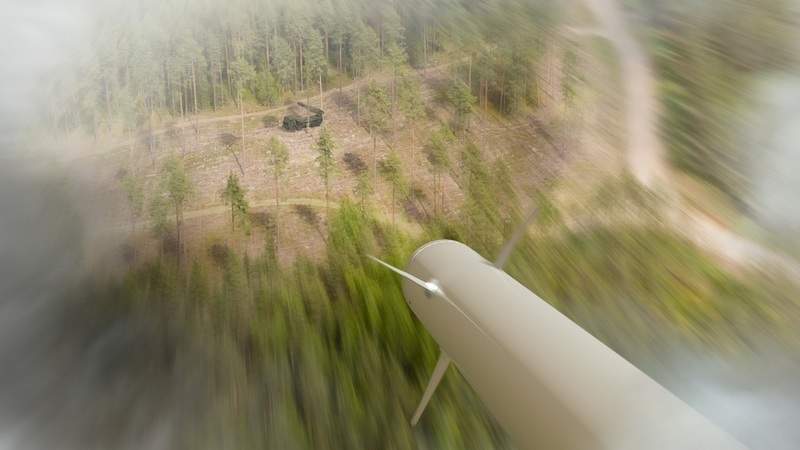
BAE Systems has secured a contract for the demonstration of an advanced optical seeker for use in precision-guided munitions.
Valued at $13.1m, the contract has been awarded by the US Defense Advanced Research Projects Agency (DARPA) through the Air Force Research Laboratory (AFRL) for the Phase II of Seeker Cost Transformation (SECTR) programme.
The latest, cost-effective seeker has been specifically developed to help improve navigation, as well as automate target location and homing, for a wide range of munitions that are used in Global Positioning System (GPS) denied and other challenging environments.
The optical seeker was tested by BAE Systems during Phase I of DARPA’s SECTR programme.
BAE Systems chief scientist Mark Meisner said: “Low-cost, precision munitions are critical to our customers, which is why we’ve developed a flexible seeker that radically lowers the cost typically associated with precision guidance.
“The SECTR programme is allowing us to deliver advanced sensing and navigation capabilities for munitions to warfighters faster.”

US Tariffs are shifting - will you react or anticipate?
Don’t let policy changes catch you off guard. Stay proactive with real-time data and expert analysis.
By GlobalDataThe seeker has the capability to be integrated with a variety of weapon platforms that use munitions and can operate both in day or night.
The system facilitates autonomous precision guidance via passive electro-optical and infrared sensors in environments where GPS navigation is unavailable or unreliable.
The open architecture of the seeker enables precise, competitive, low-cost munitions to be capable of navigating and locating targets in limited-access and denied environments.
It provides the munitions with quick-reaction capabilities while meeting stringent cost, size, weight, and power requirements, in addition to enabling rapid seeker integration into current and new weapon systems.
Slated to be completed in July next year, the Phase II of the SECTR programme will involve multiple test firings on a number of precision-guided munition platforms.


